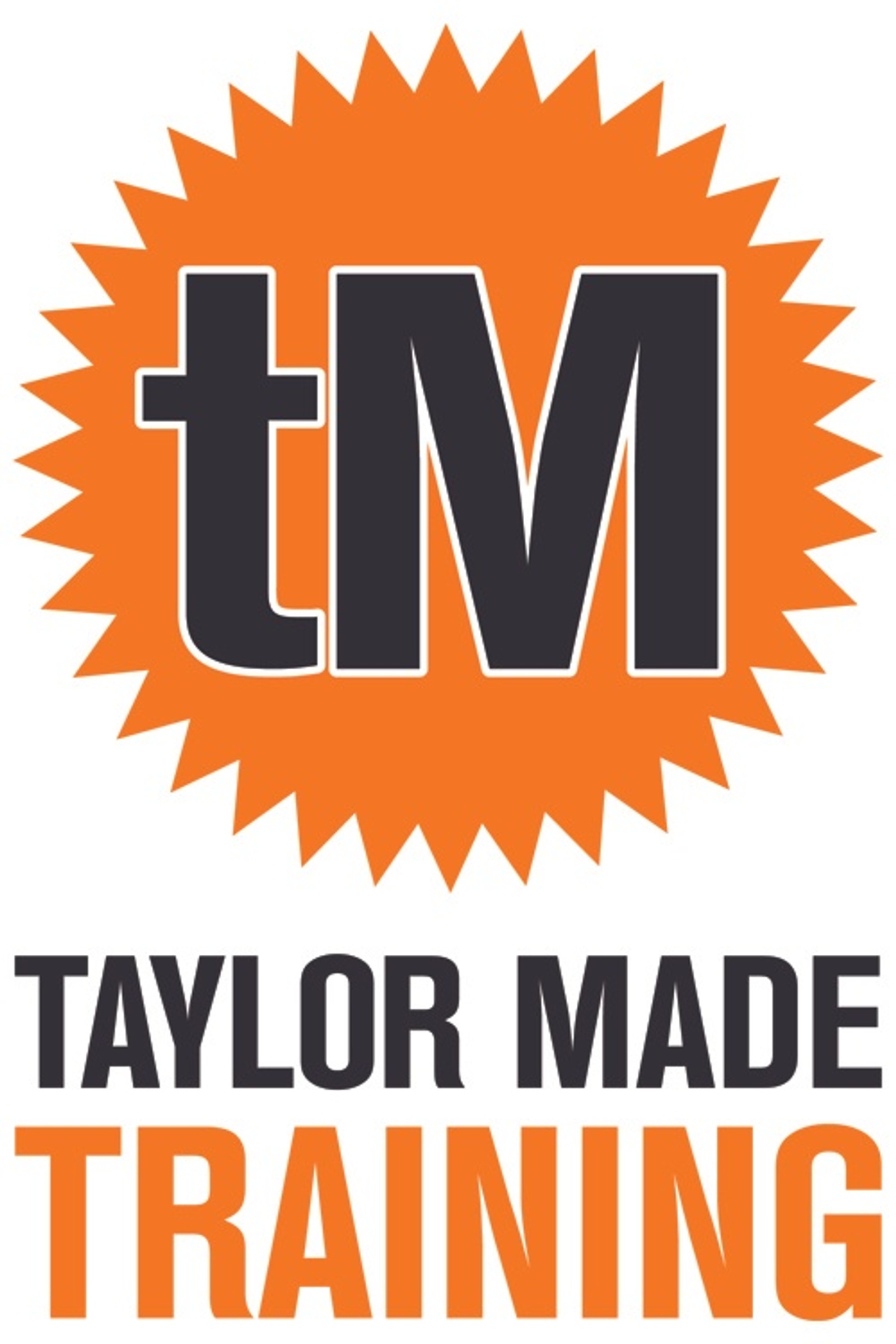Answering the Unanswerable: Counselling those bereaved by suicide Online Workshop Series
Event description
The impact of a suicide on whānau and hapū, friends, work colleagues and communities is both profound and enduring with many experiencing a more complicated grieving process that is compounded further by the stigma of suicide or mental illness.
Suicide brings a heightened risk of further suicide within whānau. Intergenerational suicide contagion is now recognised as a significantly increased risk factor, with some research indicating that history of suicide in immediate family can increase suicide risk tenfold. Postvention responses need to focus on intergenerational suicide as well as suicide clusters. According to Shneidman, postvention is "prevention for the next generation."
It is essential that those providing counselling to those bereaved by suicide are not just competent in bereavement care but also in being able to assist individuals or the whānau to make sense of the death in ways that may lessen the potential of suicide contagion within the whānau. The same principles can be applied to settings such as schools, workplaces and communities.
Workshop Description:
Bereavement by suicide shares the characteristics of other bereavements and yet it is also different. It is the understanding of these unique characteristics, how they manifest in the personal and interpersonal and responding to them in the therapeutic context which is the focus of this workshop.
The grieving process is often complicated and typically lasts longer than other types of bereavement – significant effects may still be felt for many years after the death. This workshop provides an opportunity to understand more why and how grief differs when you are counselling people or whānau who have been bereaved by suicide.
The suicide can have a ripple effect, extending well beyond the person's immediate family and friends. It is estimated that for every death by suicide up to 135 people can be affected. Therefore given the high prevalence of suicide in this country, it is important that for counsellors and clinicians can competently respond to these clients by having a good understanding of suicide related grief.
According to Shneidman, postvention is "prevention for the next generation." It is essential that those providing support to those bereaved by suicide are not just competent in bereavement care but also in being able to assist individuals or the whānau to make sense of the death in ways that may lessen the potential of suicide contagion within the whānau. As part of that mitigating of risk, assessment of suicide risk is a part of the duty care in counselling those bereaved. The same principles can be applied to settings such as schools, workplaces and communities.
Topics covered in the workshop:
- Please Explain - An overview of suicide and why people do it
- Whose fault is it? Making sense of the Why?
- Is suicide a selfish act? – Understanding the suicidal person’s thinking process
- The suicidal moment
- Grief Theory in the context of bereavement by suicide
- Dealing with the shame and stigma of suicide
- The impact of abandonment and self-doubt in grief processes
- Understanding family dynamics after a family member has suicided
- Therapeutic outcomes when working with individuals and whānau bereaved by suicide
- Suicide contagion, copycat suicides and inter-generational suicide – why it happens
- Assessing suicide risk in those bereaved by suicide
Online workshop delivery
The online workshop format for TaylorMade workshops is delivered via Zoom in modules. A one day in-person workshop is usually delivered online in three 3-hour modules held one week apart.
This workshop will be delivered over three Fridays 9, 16 & 30 August 2024 - 9.30am to 12.30pm.
An opportunity for a day of learning with award winning suicidologist, Barry Taylor
Barry has worked in mental wellbeing promotion and suicide prevention/postvention for 34 years at the local, national and international levels. His extensive experience includes sitting on state and national government advisory committees; designing, implementing and evaluating suicide prevention programs; writing suicide prevention guidelines, training packages and community resources; providing technical advice to community based and national mental wellbeing and suicide prevention programs.
He has led multiple ‘firsts’ in the context of suicide prevention and postvention both in Aotearoa New Zealand and overseas. In recognition of his outstanding contribution to mental wellbeing and suicide prevention, he was awarded in 2016 the NSW Mental Health Commissioner's Community Champion Award. He currently sits one of the Health and Disability Ethics Committees.
He has extensive experience in suicide postvention guiding numerous communties, schools, universities, workplaces and mental health organisa:ons through the aftermath of a suicide as well as providing support to those bereaved by suicide. He is a member of the Clusters and Contagion in Suicidal Behaviour and the Suicide Postven:on and Bereavement Special Interest Groups of the Interna:onal Associa:on for Suicide Preven:on.
He has advised governments on effective postvention strategies and provided guidance for schools in both New Zealand and Australia. In 1990 he wrote the first postvention guidelines for New Zealand schools, In a Time of Crisis. In 2007 he developed the Wellington Regional Postvention Response, a whole of community response aimed at preven:ng suicide contagion and ensuring appropriate support to the bereaved. He has a par:cular interest in the rise of intergenerational suicide in whānau and hapū, especially in men.
After a number of years overseas, Barry is living back in New Zealand and is passionate about building the knowledge base, competence and capability within our country to effectively respond to the unacceptably high rate of suicide in this country.
WORKSHOP DETAILS
WORKSHOP PLACES ARE LIMITED. REGISTER EARLY TO AVOID DISAPPOINTMENT
Places in the workshop are limited. If the workshop is full please register your name on the waitlist
Group Booking Discount: Book 3 or more participants in one booking and receive 30% discount off each registration
Payment: Payment is by either:
Credit Card (Visa or Mastercard) or
Instalment payment (ZIP and Afterpay)
Invoice - Organisations can request to pay by invoice. At payment method click on Invoice,
Terms for Payment By Invoice
Payment by Invoice is only for NGOs, Government Departments, Te Whatu Ora, PHOs, Schools and tertiary organisations, businesses.
By selecting to pay by invoice the organisation agrees to the following conditions:
1. Your place in the workshop is not confirmed until payment has been received. Payment of the invoice must be made within seven days of registering to avoid having your registration cancelled. Late payment fees apply.
2. A Tax Invoice from TaylorMade Training and Consulting will be sent to you separately which will contain bank details for payment.
3. By registering for the workshop, you agree to the cancellation and policy. (refer below). Organisations who cancel within seven days of the workshop and have not paid the invoice for the outstanding registration fee are still obligated to pay the outstanding debt.
Cancellation and Refund Policy
Workshops can fill quickly. If you are no longer able to attend the workshop please cancel your registration as soon as possible. The following refund policy is strictly adhered to.
Cancellation up to seven days prior to the commencement of the workshop: Full Refund less $40+GST admin fee
Cancellation within seven days prior to the commencement of the workshop: No refund but registration can be transferred to another person. To transfer your registration log on to your registration and update the name and contact details to the new person attending.
Non attendance: No refund
Disclaimer: The information and professional advice delivered in the workshop and the associated printed material is provided solely on the basis that before relying on this material, participants should obtain appropriate advice relevant to their particular circumstance to evaluate its accuracy, currency, completeness and relevance for their purposes. TaylorMade Training and Consulting will not be liable for any damages of any kind to any person or entity arising from the use of this information. Your attendance at this workshop reflects your acceptance of this statement.
Organiser Contact Details
Barry Taylor
Principal Consultant | TaylorMade Training and Consulting
Office: 04 280 0146 Mobile: 022 397 9294
Email: registration@4wellbeing.nz Website: www.4wellbeing.nz
Tickets for good, not greed Humanitix dedicates 100% of profits from booking fees to charity


